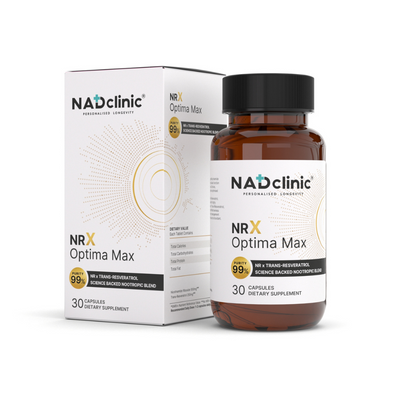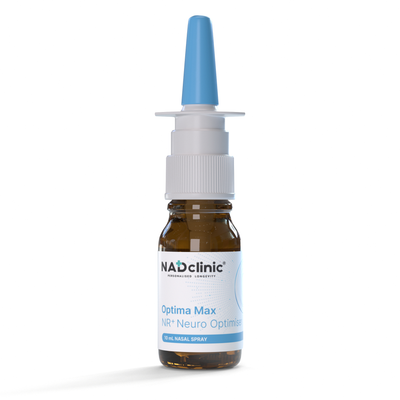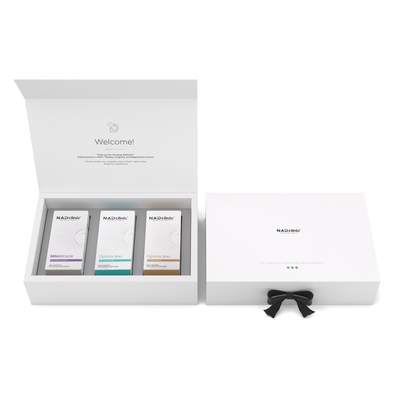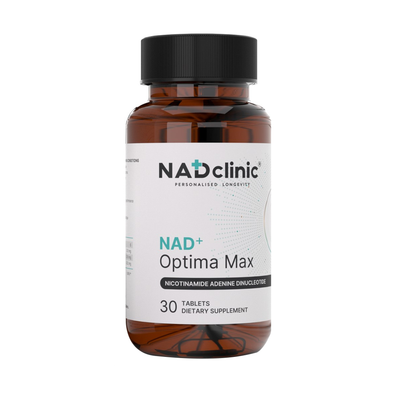หากคุณทานอาหารเสริม NAD+ เป็นประจำ เรามีข่าวดีมาบอกคุณ. คุณสามารถเพิ่มปริมาณ NAD+ ที่เหลืออยู่ในกล้ามเนื้อของคุณได้สูงสุดโดยการออกกำลังกายเป็นประจำ. การศึกษาใหม่แสดงให้เห็นว่าการออกกำลังกายอาจเป็นวิธีที่มีประสิทธิภาพในการเพิ่ม NAD+ โดยเฉพาะในกล้ามเนื้อโครงร่าง. เราทราบกันดีว่าระดับ NAD+ ในร่างกายของเราจะลดลงตามธรรมชาติเมื่ออายุมากขึ้น แต่การวิจัยใหม่นี้แสดงให้เห็นว่าเราสามารถช่วยรักษาระดับ NAD+ ในร่างกายให้เพิ่มขึ้นได้ด้วยการออกกำลังกายสม่ำเสมอ. และมันก็สมเหตุสมผลเมื่อคุณคิดถึงมัน. เมื่อเราอายุมากขึ้น, โดยธรรมชาติแล้วเราจะมีกิจกรรมน้อยลง, เคลื่อนไหวได้น้อยลงและพวกเราหลายคนเลิกออกกำลังกายไปเลย. นี่อาจเป็นสาเหตุประการหนึ่งที่ทำให้ NAD+ ลดลงตามอายุหรือไม่?
การศึกษา
การ การศึกษานี้ดำเนินการโดย Riekelt Houtkooper จากมหาวิทยาลัยอัมสเตอร์ดัม, และได้รับการตีพิมพ์ใน Nature Aging. นักวิจัยได้วิเคราะห์ผู้คนจำนวน 52 คน, แบ่งออกเป็น 4 กลุ่ม:- ผู้ใหญ่ที่อายุน้อยกว่า 12 คน (อายุ 20-30 ปี)
- ผู้สูงอายุ 17 ราย (อายุ 65-80 ปี ที่รายงานระดับกิจกรรมทางกายปกติ)
- ผู้สูงอายุ 17 คนที่ได้รับ “การฝึกอบรม” (รายงานระดับกิจกรรมทางกายที่สูงกว่าค่าเฉลี่ย, การออกกำลังกายนานหลายชั่วโมงต่อสัปดาห์)
- ผู้สูงอายุ 12 ราย (ระบุว่ามีความบกพร่องทางร่างกายและมีระดับกิจกรรมทางกายต่ำมาก)
แบ่งปัน
Featured products
Discover our most popular items

NADSQx สมาร์ทเพน 1000 มก.
£399.00

ชุดทดสอบ NAD+ ระดับ
£199.00

NRX Optima Max
£66.99

Optima Max - NR 点鼻薬
£34.99

Optima Max - ชุดกล่องของขวัญ
£264.99
อ่านเพิ่มเติม

อาหารเสริมสามารถปรับปรุงการโฟกัสและสมาธิได้หรือไม่?
ไม่ว่าคุณจะทำงานเป็นเวลานานในออฟฟิศ, หรือคุณแค่พยายามจัดสรรเวลาทำงานและชีวิตที่ยุ่งวุ่นวาย, การสูญเสียสมาธิและความตั้งใจอาจทำให้เรารู้สึกเหมือนว่าเราพลาดเป้าหมายไปอย่างสิ้นเชิง. แน่นอน, มีปัจจัยหล...
READ MORE HERE
5 อาหารที่สามารถเพิ่มการทำงานของสมอง
เรารู้ว่าร่างกายของเราต้องการวิตามินและแร่ธาตุบางชนิดเพื่อให้มีสุขภาพดี แต่คุณรู้หรือไม่ว่าสมองของเราก็เช่นกัน อาหารที่เรากินสามารถส่งผลอย่างมากต่อสุขภาพสมองของเรา, ส่งผลต่อการทำงานทางปัญญาทั้งหมดข...
READ MORE HERE


